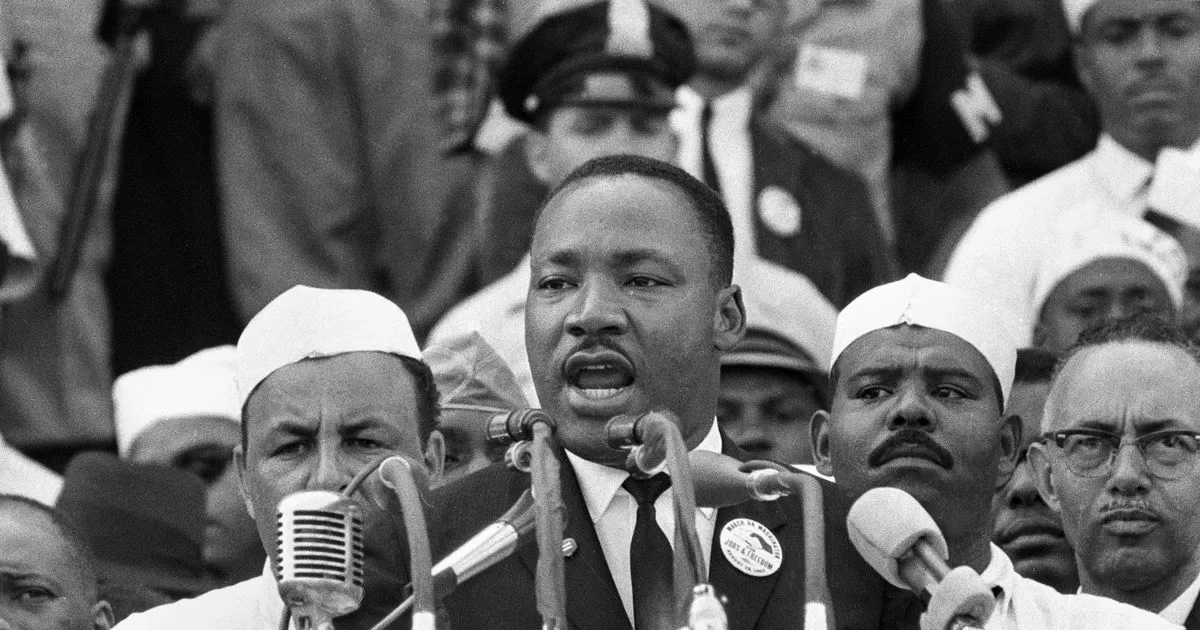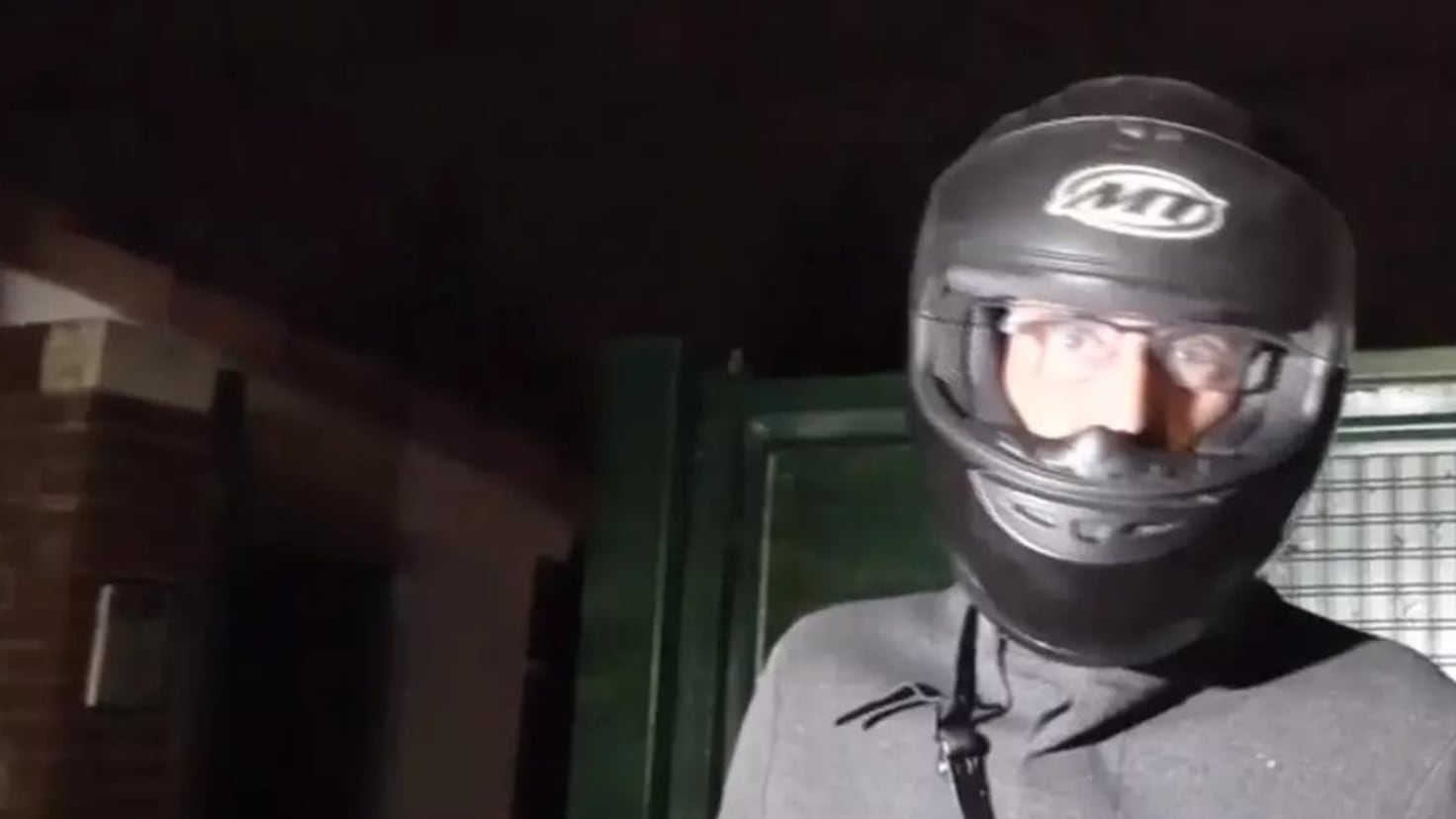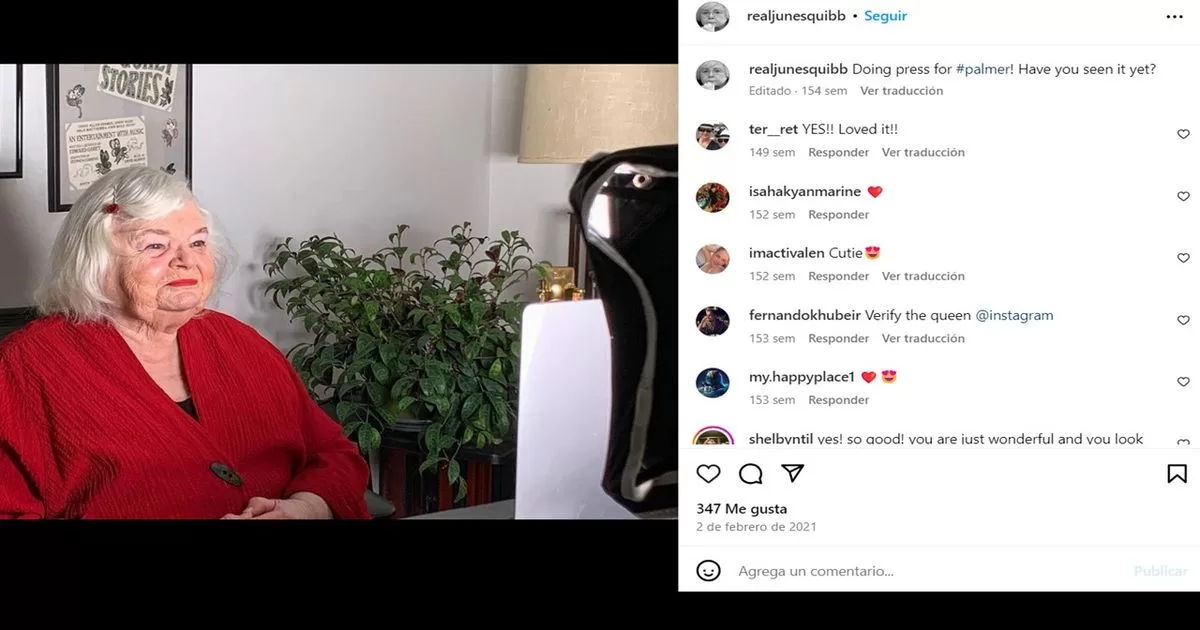MIAMI.- “I have a dream, just one dream, to keep dreaming. I will dream about freedom, I will dream about justice, I will dream about equality and I wish I no longer needed to dream them.” This is one of the most famous phrases of Martin Luther King Jr.who was born on a day like today -January 15- 95 years ago.
Due to his birth in Atlanta, the United States commemorates this date as Martin Luther King Day, since the American Baptist minister and activist appears as one of the most emblematic personalities in the history of the 20th century in the country by becoming the most influential spokesperson and leader. visible part of the civil rights movement from 1955 until his assassination in 1968.
As part of this event, DIARIO LAS AMRICAS shares some data from the four books written by Dr. King.
The Measure of a Man
At the time of publication: 1959.
The text comes from two sermons that Martin Luther King preached at the first National Conference on Christian Education of the United Church of Christ at Purdue University in August 1959. The first sermon is titled What is man; the second, The dimensions of a complete life.
“In response to demands from conference attendees, King allowed the speeches to be published. With King’s consent, the sermons were published by Christian Education Press in a short book titled The measure of a man. The press and King agreed that the profits would be shared equally, after the former had recovered the costs of publication. King first developed the theme What is man? during his seminary days, for Dr. King believed that the title of the sermon was one of the most important questions facing any generation, proposing that man is many things: a biological being, a being of spirit who is made in the image of God and sinners in need of God’s divine grace”, states the synopsis of the text reviewed in amazon.com.
The strength of loving
At the time of publication: 1963.
Presented as a collection of sermons, in 17 chapters Martin Luther King Jr. addresses the economic and racial injustice that, to date, threatened – according to his criteria – the survival of the human race.
“We live in a time of acute crisis. The sermons in this volume are based on the current crisis and have been selected for this book because, in one way or another, they deal with the personal and collective problems that the crisis raises. I have tried in these sermons to present the Christian message regarding the social evils that darken our time, with the necessary testimony and discipline. All of these sermons were originally written for my former parishioners at Dexter Avenue Baptist Church in Montgomery, Alabama, and for my current parishioners of the Ebenezer Baptist Church in Atlanta, Georgia. Many of these sermons were later delivered at assemblies held throughout the country,” the African-American leader analyzes in his book.
Why We Can’t Wait
At the time of publication: 1964.
This book focuses on the nonviolent movement against racial segregation in the United States, specifically the Birmingham campaign of 1963.
According to Goodreads -virtual reading cataloging community- in 1963, Birmingham, Alabama, was perhaps the most racially segregated city in the United States. The campaign launched by Dr. Martin Luther King, Jr. and the civil rights movement on the segregated streets of Birmingham demonstrated to the world the power of nonviolent direct action.
There comes a time when the cup of resistance runs out and men are no longer willing to sink into the abyss of despair, says Luther King.
Where Do We Go from Here: Chaos or Community? (Where are we going from here: chaos or community?)
At the time of publication: 1967.
The text was King’s fourth and last book before his assassination in 1968. The pastor analyzes the state of American race relations and the movement after a decade of struggles for civil rights in the United States.
“While vacationing in the Caribbean in January and February 1967, King wrote the first draft of his final book, Where do we go from here: chaos or community? Accompanied by Coretta Scott King, Bernard Lee and Dora McDonald, King rented an isolated house in Ocho Rios, Jamaica, without a telephone. This was one of the few times in King’s adult life when he was completely isolated from the demands of the movement and was able to concentrate entirely on his writing. “I worked on the initial manuscript for a month and sent chapters to Stanley Levison in New York for revisions,” Stanford University reports in its pgina web.
With Selma and the Voting Rights Act, a developmental phase of the civil rights revolution came to an end, King says.




